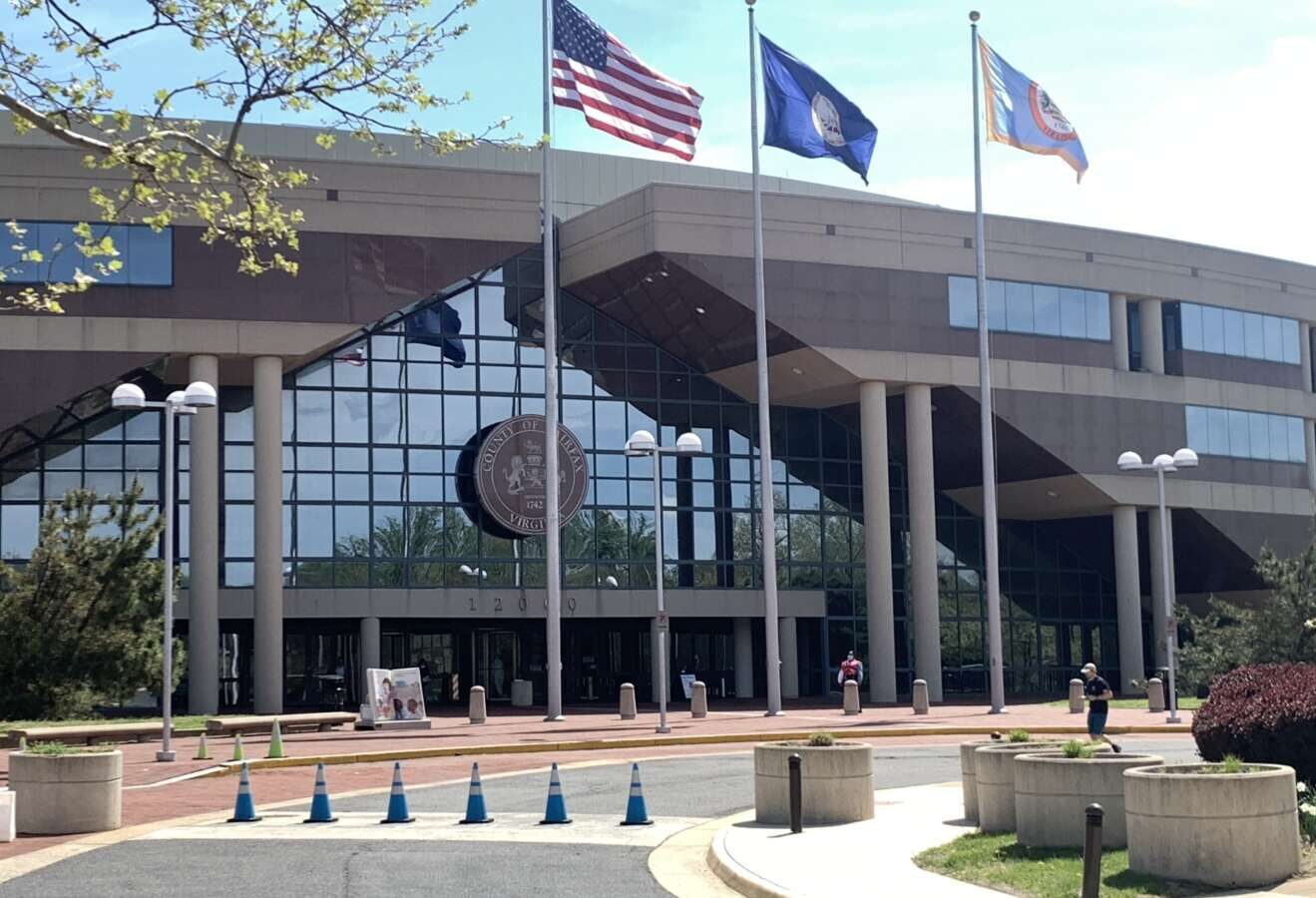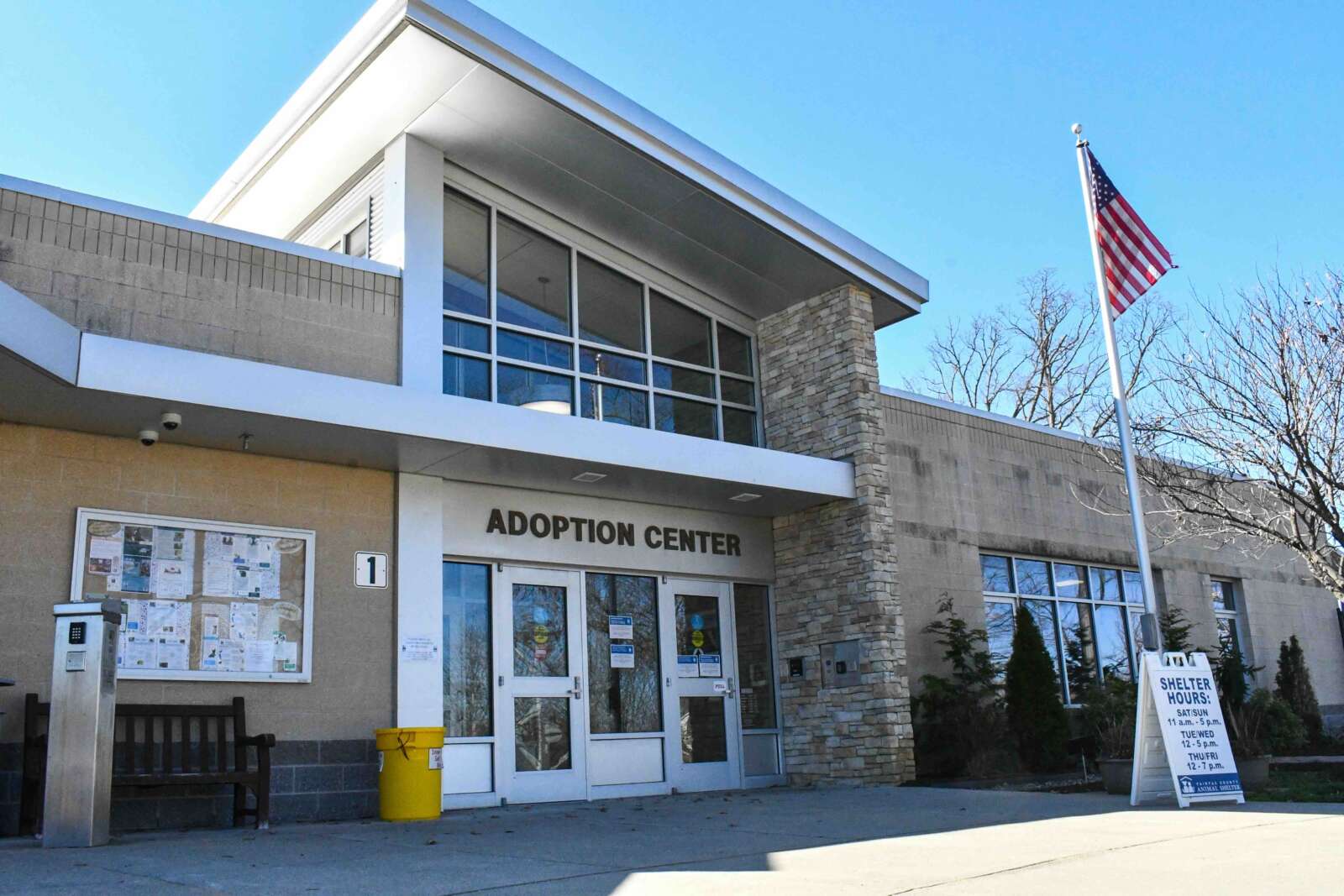
Anticipating slow growth in the real estate tax base and only a modest increase in general fund revenues, local officials are preparing for a slim budget in the next fiscal year.
At a joint meeting on Tuesday (Nov. 28), the Fairfax County Board of Supervisors and the school board got an early forecast of projected revenues, expenditures and general priorities for the county government and public school system’s fiscal year 2025 budgets.
Christina Jackson, the county’s chief financial officer, emphasized that the forecast is an early estimate of the budget.
“We recognize that this was going to be a challenging year,” said Jackson.
County officials anticipate a combined net budgetary shortfall of $284.5 million.
Based on last month’s projections, non-residential tax revenue is expected to grow by 1.9% from the current fiscal year 2024 rate of 3.6%. In fiscal year 2023, non-residential tax revenue stood at 7.3%.
That’s coupled with substantially lower growth in the real estate tax base for next year — a mere 1.7% compared to 6.6% in the current fiscal year. The residential real estate market has softened as a result of high mortgage rates, but values are still expected to increase by 2.1% due to low supply, county staff said.
Funding conversations continue in the background of a study that found Virginia’s school divisions receive 14% less funding from the state than the average for all 50 states.
Calling the state’s underfunding “a generational wrong,” McKay said the report by the Joint Legislative Audit and Review Commission (JLARC) is a critical opportunity to shift the statewide conversation about the state’s funding formulas.
“This study can either collect dust and be ignored, or this study can be acted on and Virginia can get ahead of West Virginia and Kentucky, which frankly should embarrass everyone who lives in Virginia,” McKay said.
Ricardy Anderson, who represents Mason District on the school board and chairs the board’s budget committee, highlighted the space constraints that Fairfax County Public Schools already faces.
“We cannot trailer our way out of this issue, because the schools are growing,” she said, noting that at one school, the entire fifth grade is housed in trailers.
She suggested that the county restart a conversation about adopting a meals tax in order to generate revenue. County voters rejected a referendum in 2016, but the General Assembly approved a bill in 2020 that gave counties the authority to tax food and beverages without a referendum.
Further clouding the less-than-rosy forecast for the county, Metro has projected a deficit of $750 million in fiscal year 2025. Possible efforts for short-term relief include fare increases, service reductions and preventative maintenance transfers. Metro’s general manager is expected to release the draft budget this month.
This year’s budget includes an additional $37.5 million to support collective bargaining with the police and $23.7 million for the fire and emergency services bargaining unit. Overall, the county is planning to increase its employee salary and benefits funding by roughly $180.5 million.
To prepare for the shortfall, all county agencies were asked to slim down their proposed budgets by 7% — resulting in roughly $20 million savings.
Priorities that the county doesn’t expect to fund include information technology initiatives, infrastructure upgrades and renewals, and increased investments for affordable housing and environmental and energy programs. On the schools side, affected needs include an expansion of middle school athletics and a special education enhancement plan.
Franconia District Supervisor Rodney Lusk said the county must look into ways to shore up revenues in the future.
“We’ve definitely got to be thinking about how we do things a little differently,” Lusk said. He also asked the school system to explore ways to remove the cost of reduced lunches for students and a fine arts stipend review.
FCPS Superintendent Michelle Reid said the school system is actively looking for ways to address food insecurity.
Braddock District Supervisor James Walkinshaw said that if the county wants to raise user fees — a possibility floated in the budget forecast — it should consider establishing a “regular cadence” to increases in fees.
“If it is ad hoc, it could create the impression that when we need revenue, we jack them up,” Walkinshaw said.
Reid will release her proposed budget for FCPS on Jan. 25. County Executive Bryan Hill will then present the county’s advertised budget on Feb. 20. After several months of deliberation, the Board of Supervisors adopts the budget on May 7 and school board adopts the budget on May 23.
The budget year begins on July 1.





